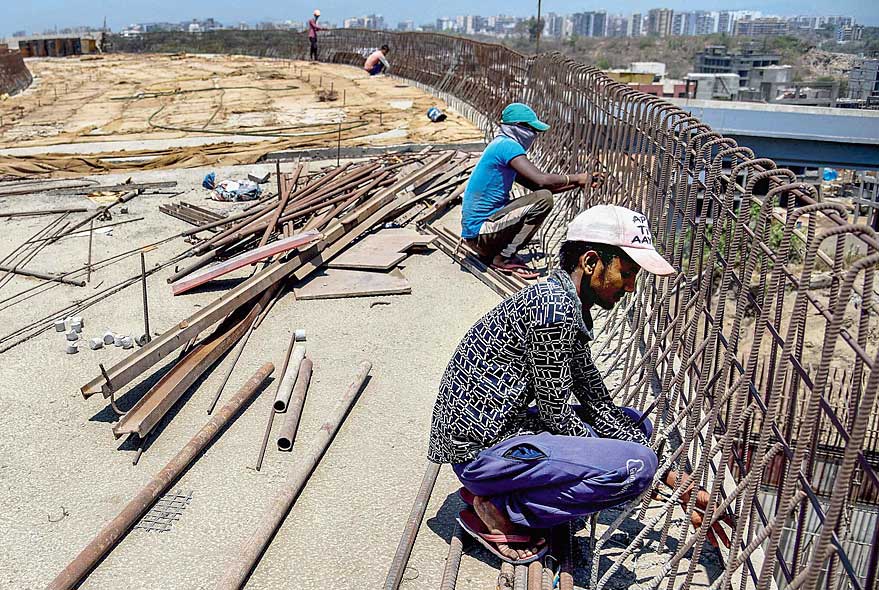For a world used to rising prosperity and longevity, the shock of Covid-19 is shaking us to the foundations. Princes and prime ministers have been sequestered, the greatest sporting tournaments have been annulled and rituals of a civilised life have been curtailed. This fight is for our species, and it is more unexpected and defining than any 2020 science fiction could have forewarned.
While we grapple with devastation, some aspects of our lives will change for good. The importance of healthcare preparedness, the role of cutting edge R&D in enabling us to survive and the technology that keeps us studying and working while we are homebound will cause a steep change in the economy and our society. How life is led and what products are consumed determine which firms prosper and what jobs are relevant. This experience will be life altering, and companies and jobs will follow suit.
Normally, change is incremental: incumbent firms and people are trained for set tasks and they resist reorientation. But a shock uproots us from our ways and the result can be transformational.
This crisis has asked new questions: Can some work be done remotely or must we congregate in unaffordable cities? Can education be scaled using technology or will a reputed qualification be a luxury for the one per cent? Will we discover and distribute healthcare solutions or will sickness bring society to its knees?
Essential services
These essential services — housing, education, healthcare — are behemoths in terms of their size, overshadowing the goods market globally. But unlike food or consumer goods, they are poorly traded, often inefficient, pander to special interests and resist innovation.
Radical changes, driven by needs of desperate times, can be a game changer for India. In this, the consequence of Covid-19 for services maybe akin to the evolution of the industrial sector in another age.
The last time the world economy swooned so broadly was during the Great Depression, supplanted by the destruction during the Second World War. The lesson of how post-war industrialisation manifested is instructive.
Lessons from the past
The Depression was preceded by significant productivity improvements in industry that were years in the making. But it was only during the post-war years when all the pieces came together to enable the agrarian economies to become industrialised.
Many people were appropriately skilled, factories were relaid for mass production, management structures reflected military hierarchies and divisions, logistics were revamped to enable containerisation for global trade, the Marshall Plan and the Breton Woods systems paved the monetary order and organisations such as GATT defined the post-war playing field. All this created the ecosystem which enabled rapid industrialisation.
Since 1950s, firms and countries who were linked to this web of market, supply chain and transaction system benefitted.
And several countries grew at unprecedented rates between 1950 and 2000, doubling their economies every decade, and joined the US and Europe as developed powers.
Japan and Brazil were the frontrunners, and later Korea, Asean nations and finally China became lucrative cogs in the wheel of the global economy.
From post-war destruction and divisiveness, this remarkable run brought prosperity and convergence to much of the world.
Unfortunately India was a late entrant, when this party was almost over — the momentum of industry-led development had mostly tapered off.
For much of the world, food and industrial goods now comprise a small fraction of their spending and opportunities for capturing value is limited.
The real action of the 21st century is in services — especially if it alters how we live, study, feel and work. This is the domain that is begging for radical transformation.
Hopefully this pandemic will provide us the nudge.
Rudra Chatterjee is MD of Luxmi Tea and chairman of Ficci (eastern region)











